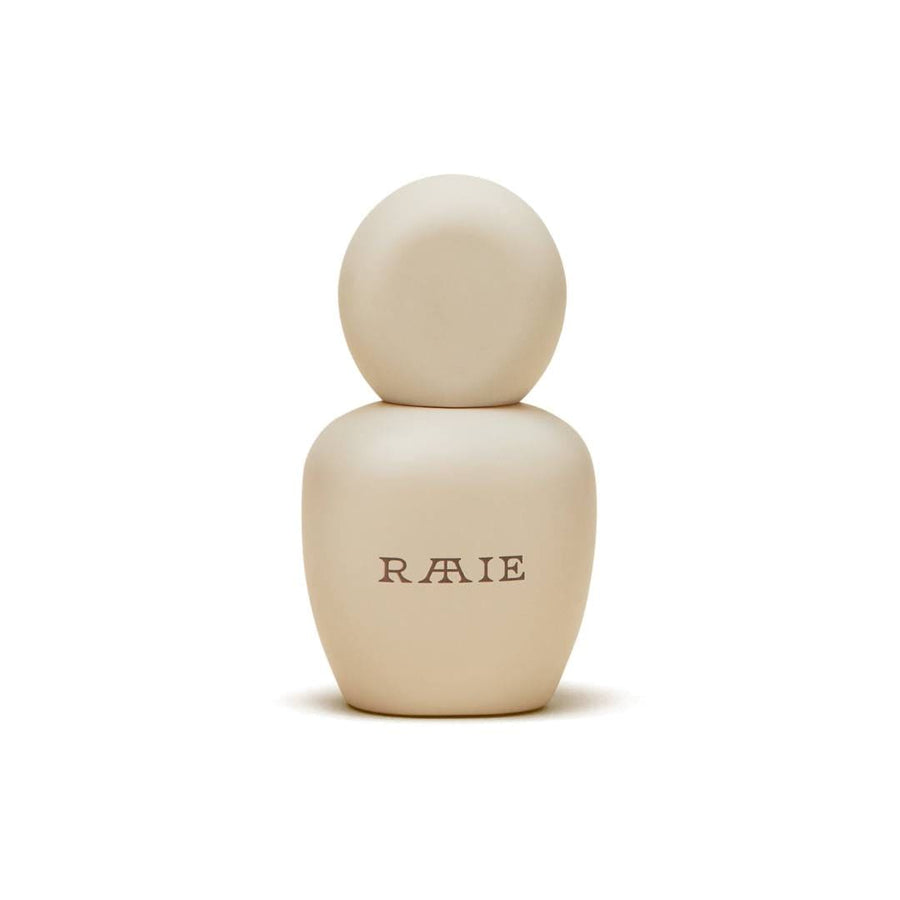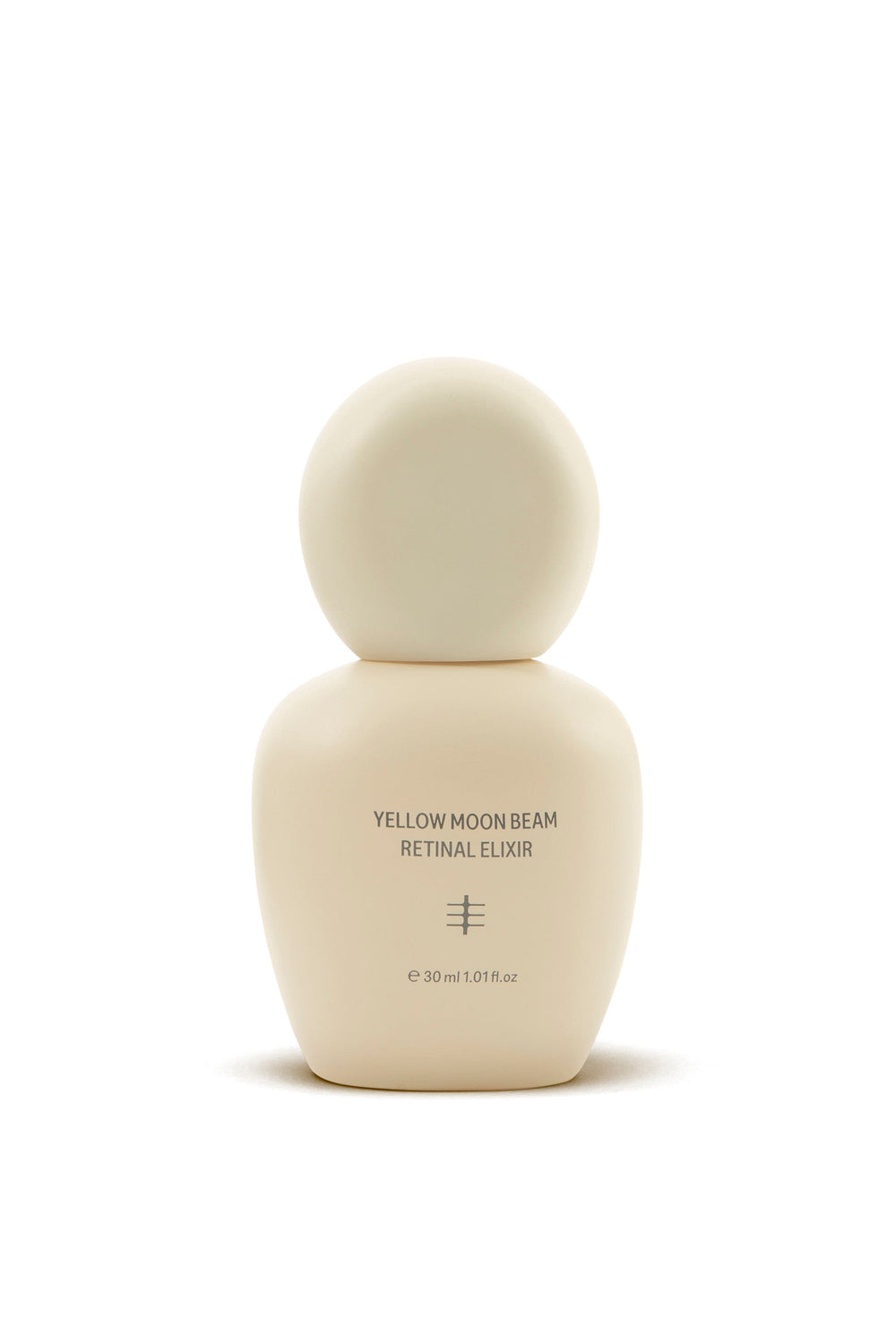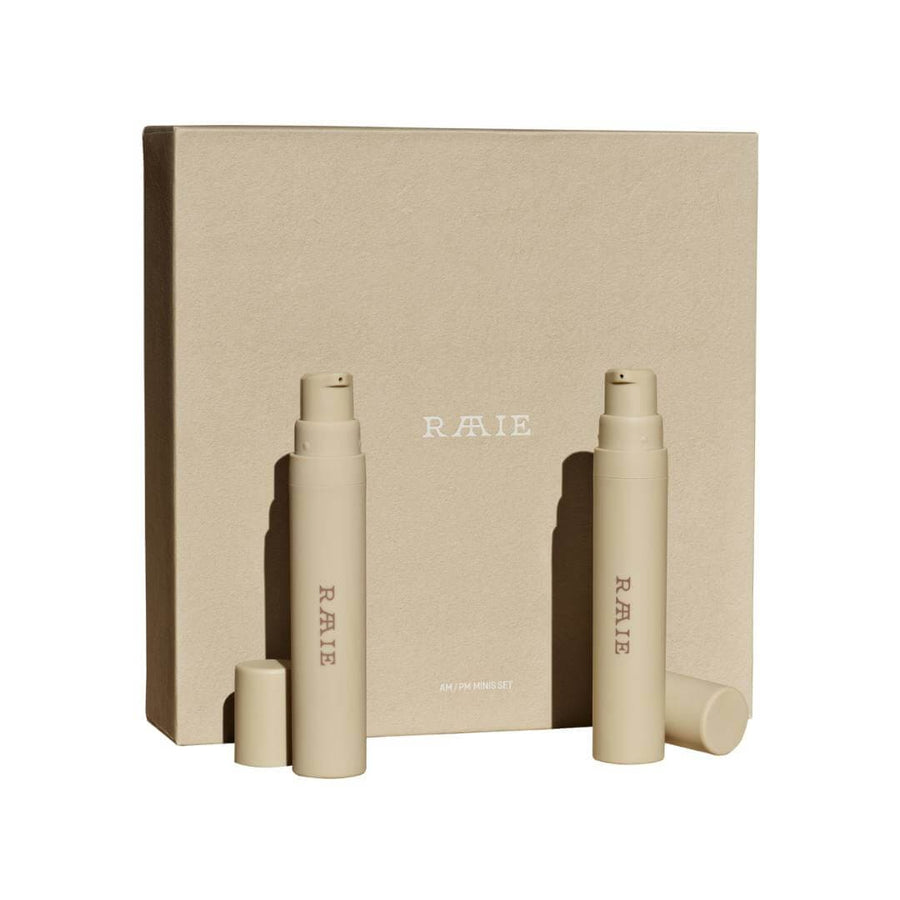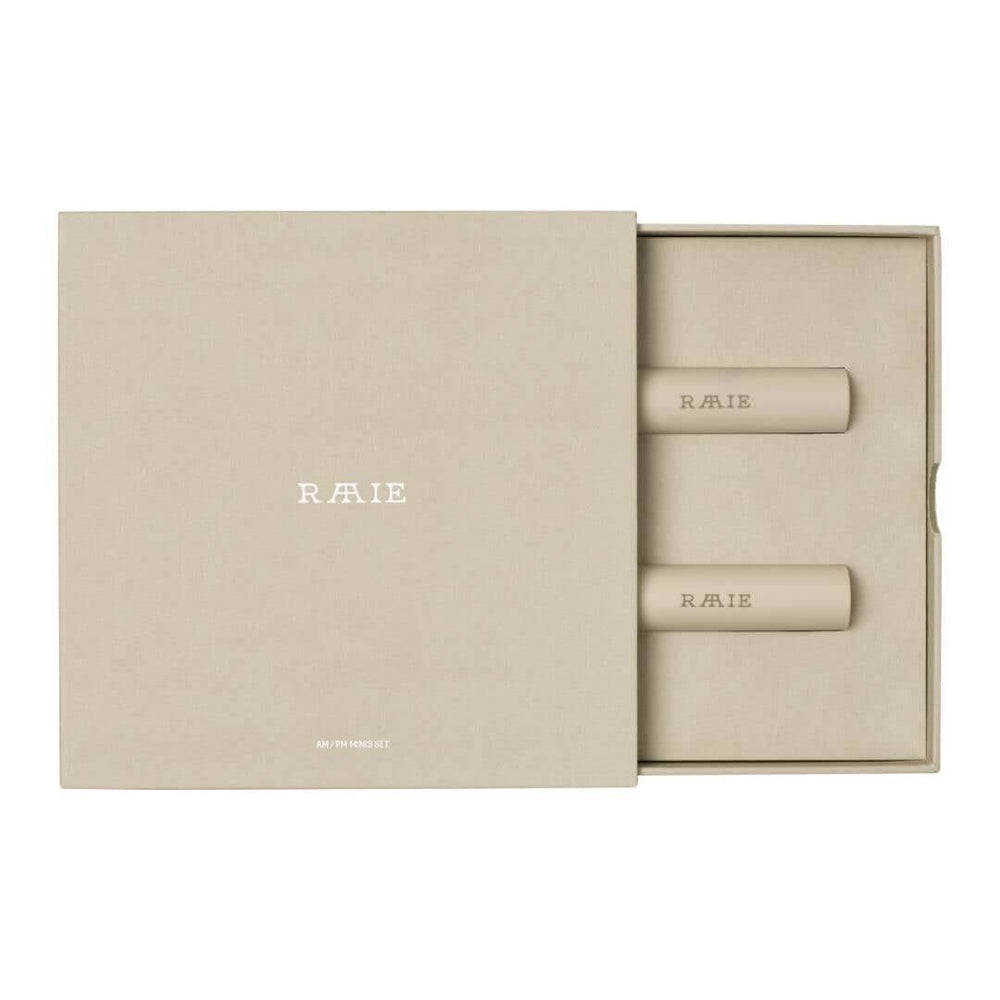Retinal
3 products
3 products
Retinol and Retinal are from the same retinoid family, but retinal has been clinically proven to work up to 11 times faster than retinol. Retinal also has a much higher exfoliation rate than retinol, which unclogging pores, making skin smooth, soft, even-toned. Discover a comprehensive comparison of Retinal vs Rental vs Bakuchiol on our blog. Remember to use sunscreen with at least SPF 30 daily.
Retinol is a type of Vitamin A that is commonly used in skincare products to promote cell turnover, reduce the appearance of fine lines and wrinkles, and improve skin texture and tone. It is a popular ingredient for its anti-aging benefits.
Retinal, also known as retinaldehyde, is another form of Vitamin A. It is a precursor to retinoic acid, which means it is closer to the active form that the skin can use. Retinal is known for being more potent and effective than retinol while being less irritating.
Retinal is more effective than retinol because it is one step closer to the active form of Vitamin A (retinoic acid). This means that it works faster and more efficiently at delivering results such as reducing fine lines, improving skin texture, and promoting cell turnover.
Clinical studies have shown that retinal works up to 11 times faster than retinol in stimulating collagen production and rejuvenating the skin. It also boasts a higher exfoliation rate, contributing to unclogging pores, smoothing skin texture, and promoting a radiant complexion.
Surprisingly, Retinal is generally less irritating than Retinol despite being more potent. This is because Retinal is more efficient at converting to retinoic acid, meaning lower concentrations can achieve similar or better results with less irritation.
Start by using Retinal once or twice a week in the evening, gradually increasing the frequency as your skin builds tolerance. Always apply sunscreen during the day, as Vitamin A derivatives can increase skin sensitivity to UV radiation.
Some potential side effects include dryness, redness, and peeling, especially when first starting out. These side effects are less severe than those associated with Retinol. If irritation persists, reduce usage frequency or consult a dermatologist.
Yes, but be cautious with combining it with other potent active ingredients like AHAs, BHAs, and Vitamin C, which can increase irritation. Hydrating and soothing ingredients like hyaluronic acid, niacinamide, and ceramides can help mitigate potential dryness and irritation.
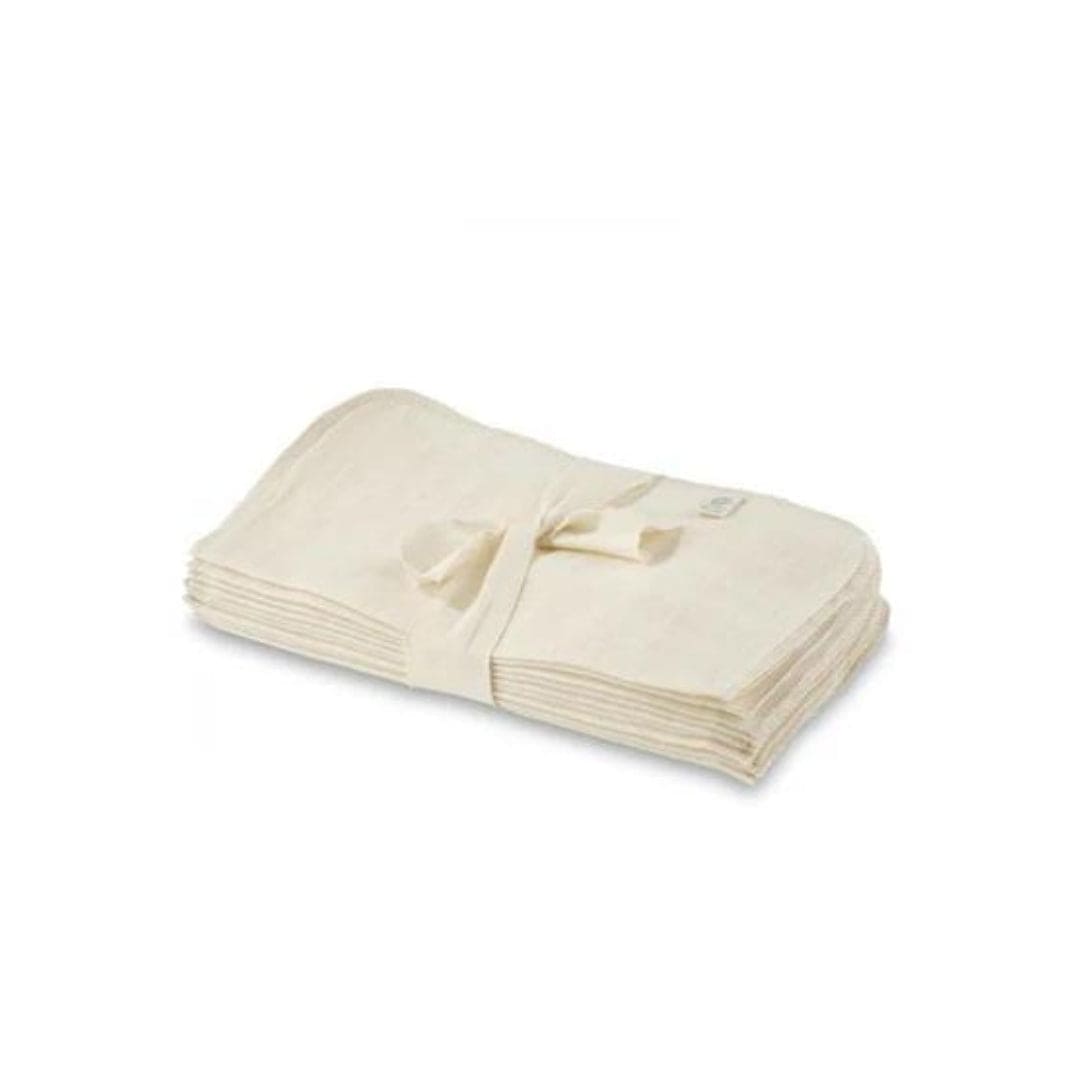
Receive our Organic Cotten Muslin Face Cloth when you spend $160 or more.
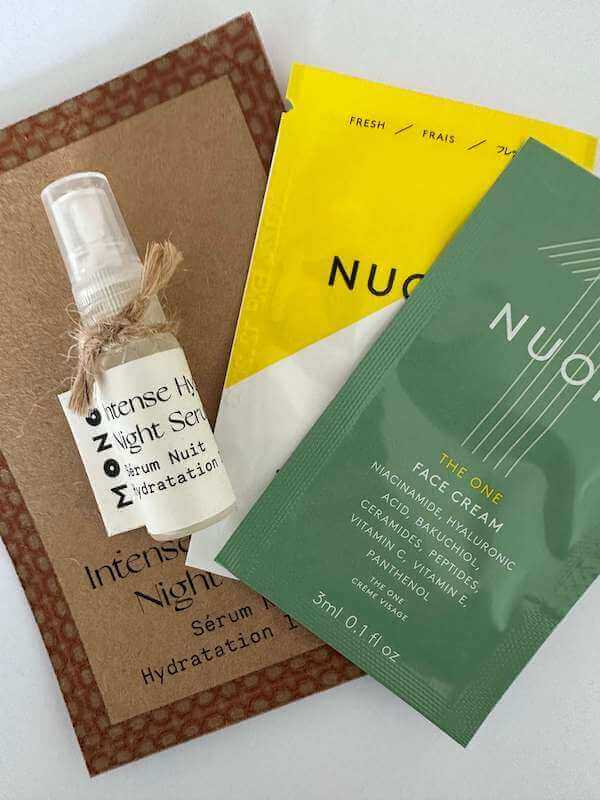
Receive complimentary samples of our bestsellers on your order.
Try our Bestsellers for Free
Subscribe today to receive complementary samples on your order, beauty updates & exclusive offers!


